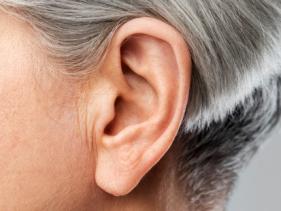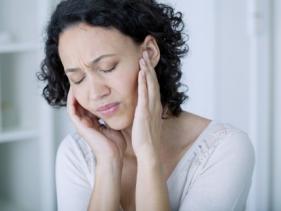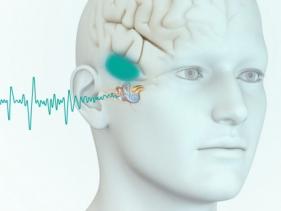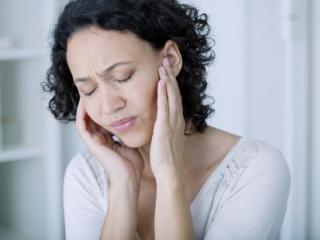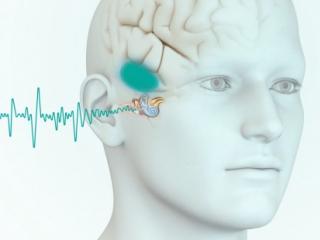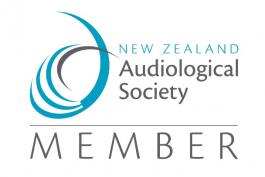- Free Hearing Check
- Hearing Evaluations
- Hearing Aids
- Veterans Affairs
- Tinnitus Evaluations
- Custom Hearing Protection
- ACC Evaluations and Quotes
- Home Visits
- Annual OSH Industrial Hearing Checks
While our office is based in Taupo we visit Taumarunui and Raetihi weekly.
For more information, see our website www.lauraarnold.net
The team at Laura Arnold Audiology offer Tinnitus Evaluations. Tinnitus is a common condition that is estimated to affect up to 20% of the global population. In New Zealand, approximately 200,000 Kiwis have debilitating tinnitus. Tinnitus is the perception of sound when no external source is present. Technically speaking, tinnitus is not a condition rather, it is a symptom of an underlying condition. It rarely indicates a serious problem, despite the annoyance. Some things tend to worsen the perception. There are known risk factors however, no cure exists. If you have questions or concerns about tinnitus, it's always worth visiting us.
Give us a shout on 0800 56 46 46 to hear what you are missing. Visit our website to make an appointment or click here to send an email.
More Information
Symptoms
- Ringing
- Buzzing
- Humming
- Roaring
- Hissing
- Cicadas
- Rumbling
- Radio off frequency
- White noise
Causes
- Hearing loss
- Noise Exposure
- Ear problems
- Head injuries
- Blood vessels
- Medications
Diagnosis
Treatment
- Sound Therapy
- Cognitive Behavioral Therapy (CBT)
- Ear Wax Removal
- Change Medications
- Tinnitus Retraining Therapy (TRT)

